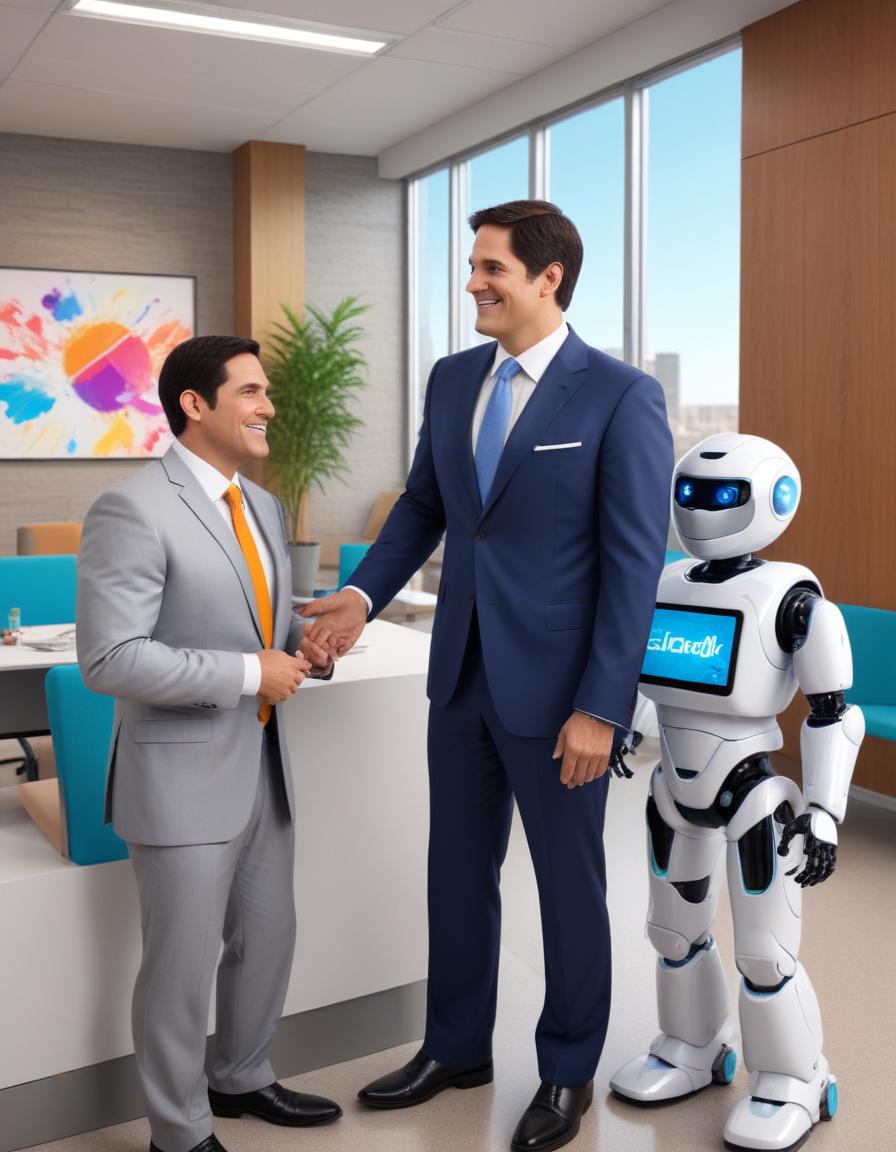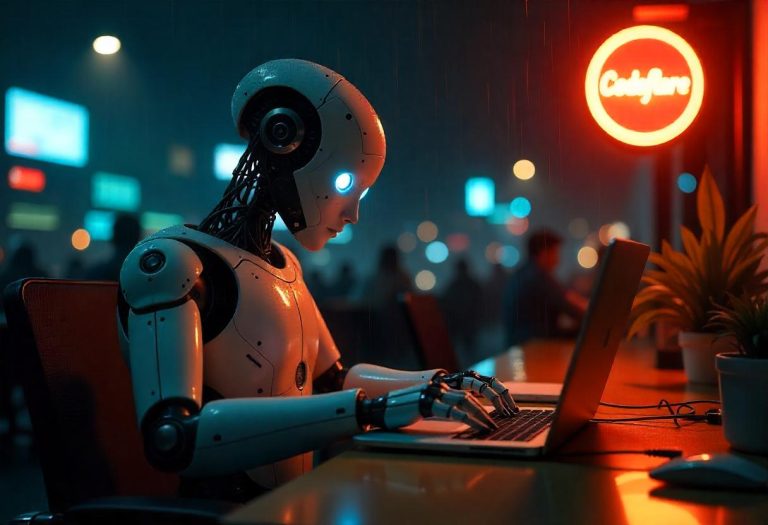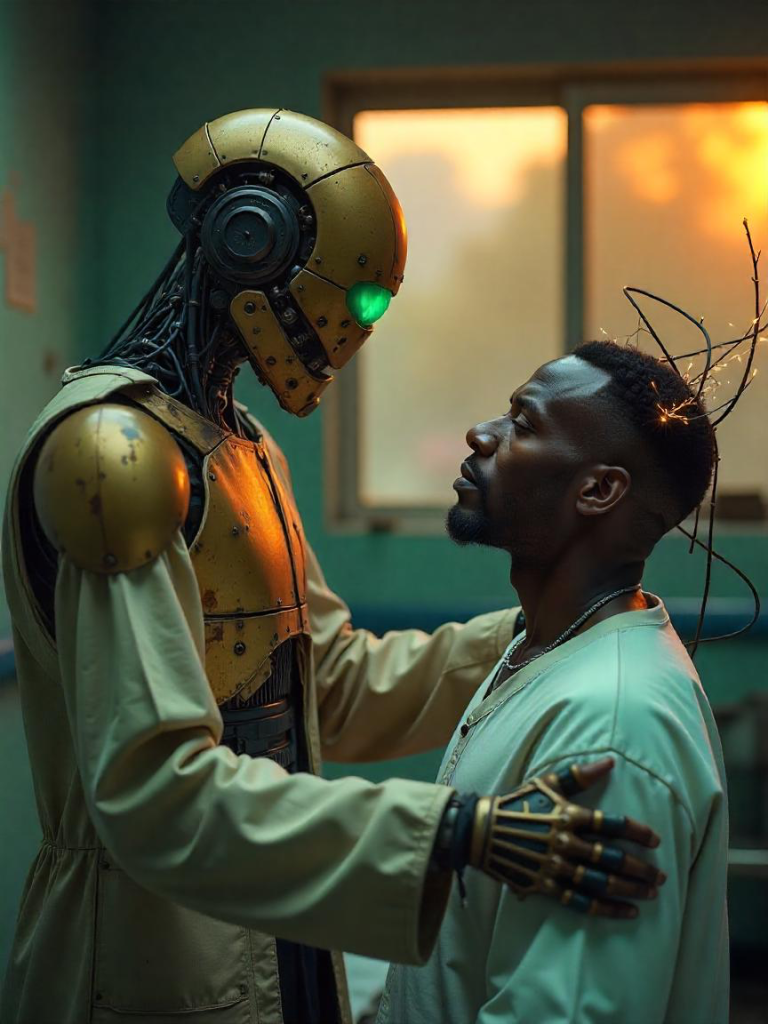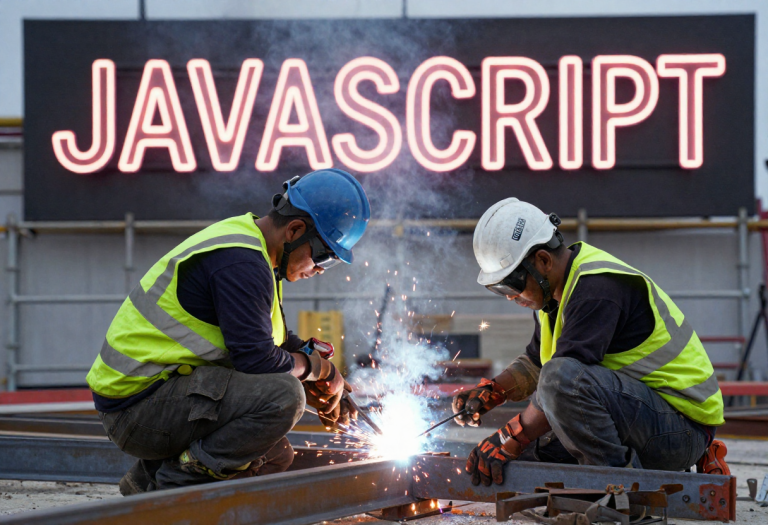
Mark Cuban recently expressed his views on the impact of artificial intelligence (AI) on the workforce, suggesting that while AI has transformative potential, its effects will vary across industries. He emphasized that AI is unlikely to significantly disrupt jobs requiring critical thinking and decision-making. Instead, its impact might be felt more in repetitive or process-driven roles, potentially automating tasks that don’t require nuanced human input.
Speaking to Business Insider, Cuban highlighted that the real challenge is determining how AI will be integrated into businesses. This aligns with broader concerns among experts, who note that AI could either enhance productivity and innovation, creating new job opportunities, or exacerbate inequalities by benefiting large corporations at the expense of smaller businesses and workers. The outcome will largely depend on how companies and policymakers leverage this technology to balance efficiency with equity.
Experts echo this sentiment, noting that AI’s ability to handle data-intensive processes and predictive analysis could replace some roles, particularly in administrative and white-collar sectors. However, for high-skill roles where human creativity, judgment, and emotional intelligence are key, AI is more likely to act as a complementary tool than a replacement.
The broader implications of AI on the economy remain a topic of debate. While AI can improve productivity and drive innovation, its adoption might deepen inequality if benefits concentrate among major corporations and investors. Some analysts caution that smaller businesses and less tech-savvy workers could be left behind.
To address these challenges, Cuban and others stress the importance of using AI thoughtfully. Businesses and policymakers must strive to harness AI for social good, ensuring it creates opportunities and doesn’t simply automate jobs away. The future impact of AI, Cuban suggests, will largely depend on how we decide to integrate it into our systems and prioritize worker well-being. Learn Artificial Intelligence With Python.

Latest tech news and coding tips.






